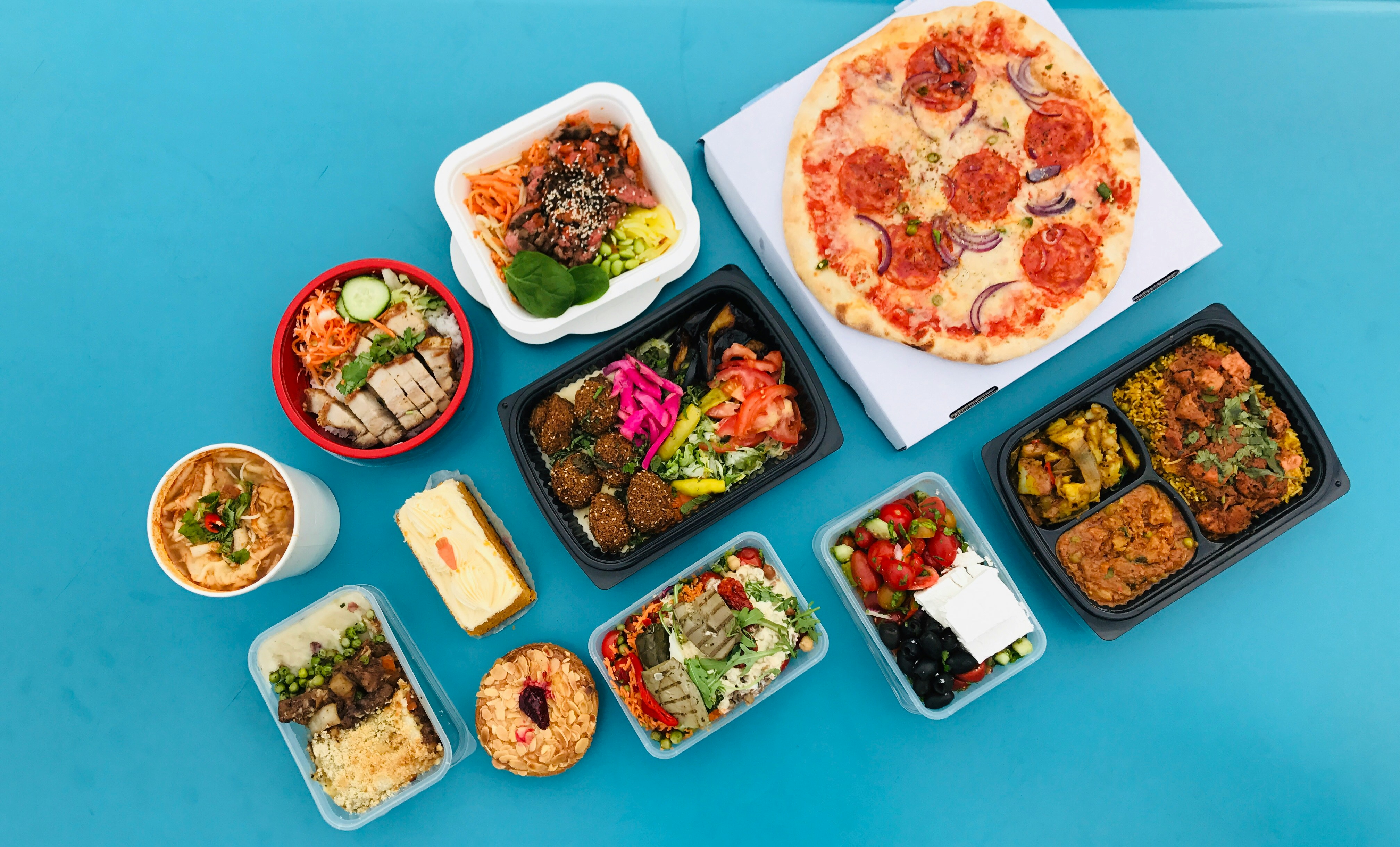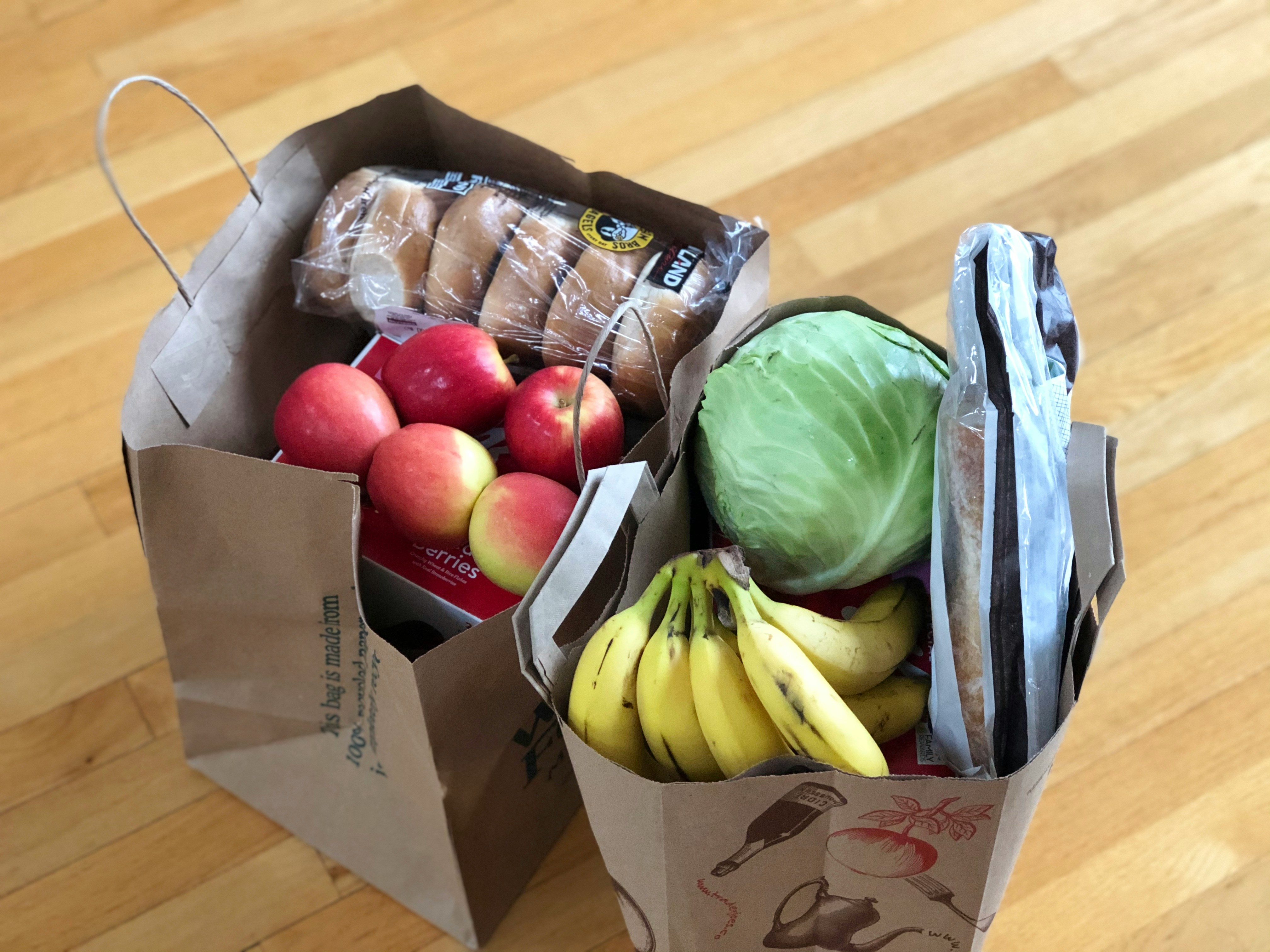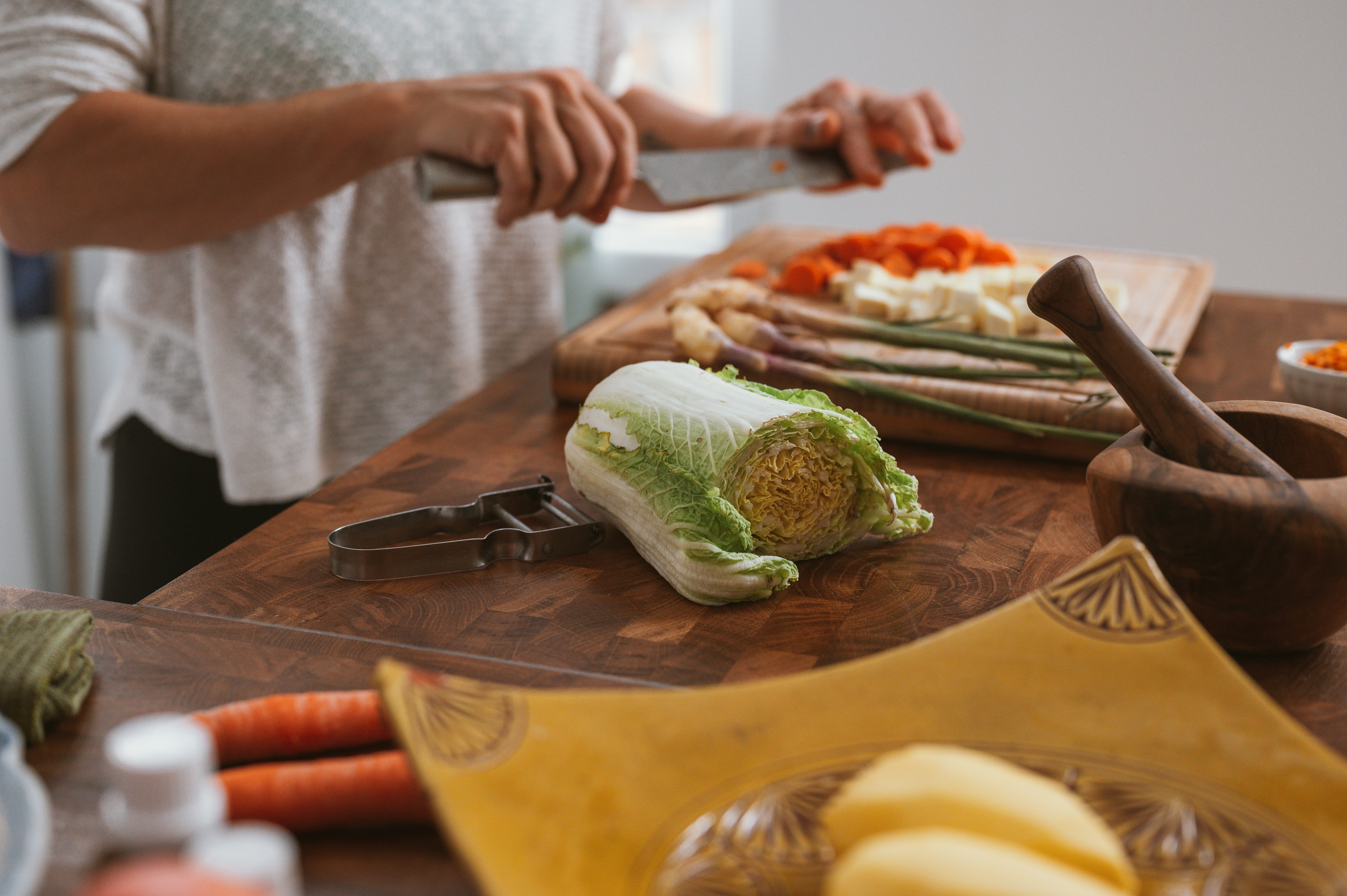9 Easy Ways To Save Money When Shopping For Your Groceries Because Life Is So Expensive
Follow these steps to see more savings right away!
1. Plan your meals in advance
Do you often find yourself ending the week with unused veggies in the fridge that go rotten before you have the chance to cook them? You're not alone.
By planning your meals in advance, you ensure that you only buy what you need. That means no unnecessary spending on unused produce that will probably just end up in the trash. Double wasteful!
Additionally, planning meals allows you to take advantage of bulk buying opportunities and seasonal discounts, further maximising your savings.
2. Make a list and stick to it
Without a list to guide your purchases, you're more susceptible to impulse buying and purchasing items you don't actually need. You may be tempted by displays, promotions, or cravings, leading to unnecessary spending on items.
As a result, you may exceed your intended grocery budget and waste money on items that may go unused or contribute to food waste.
Another common occurrence is forgetting to buy essential items or ingredients for planned meals. Not only is it inconvenient and frustrating, but you also end up going to the store again to buy the missing items, resulting in even more spending.
3. Embrace generic brands
Opting for generic or supermarket own-brand products over branded alternatives can lead to substantial savings without compromising too much on quality.
These products often offer comparable quality at a fraction of the price, enabling you to stretch your grocery budget further. Be open to trying different brands and products to identify cost-effective alternatives that suit your preferences.
It could be household products like tissue paper, kitchen roll, or detergents, as well as food staples like cereal and noodles. The savings can really be significant!
4. Buy local snacks over imported goods
Just because you're on a budget doesn't mean you can't buy snacks. We all deserve snacks once in a while! But the price difference between local snacks and imported ones means your choice can have quite an impact on your wallet.
When you're faced with the option between a RM15 imported chocolate bar and a RM3.50 crunchy local snack... choose the crunch.
Malaysian snacks are so diverse and yummy, plus they're just much more affordable. #sapotlokal :)
5. Loyalty cards and cashback are your friends
Take advantage of sales, discounts, and promotional offers to maximise savings on essential items.
Many supermarkets offer free or minimal fee memberships that come with a lot of perks, including promo codes, coupons, rebates, and more. You can also collect points, which can be converted into credits on your shopping bill.
To take things a step further, you can look into getting a credit card that offers specific cashback on groceries. This will help increase your savings in the long run.
6. Buy your staple items in bulk at wholesale supermarkets
Purchasing staple items in bulk quantities can yield significant cost savings over time.
If you have the space, stock up on non-perishable goods such as rice, noodles, pasta, canned goods, and toiletries to benefit from discounted unit prices.
Worried you won't be able to finish them all? Team up with friends or family to share bulk purchases and split the costs. This minimises excess inventory in your home, while still allowing you to enjoy bulk purchase prices.
7. Order online but do pickup instead of delivery
Online grocery shopping can offer competitive prices that are easy for you to compare immediately. Many platforms also offer online-exclusive discounts, promos, point redemption, and voucher codes to assist with your savings.
The best part is you know exactly what you're getting and how much you're spending. It's easy to add and remove things from your cart, and there are no surprises at checkout. You are less likely to impulse buy and blow your budget.
Opting for pickup saves you delivery fees, but if the platform you're using is offering free delivery, then go for it!
8. Do your own baking
Baking is a science. As long as you follow a recipe, your baked goods should turn out great.
Try your hand at baking basics such as bread, cookies, pound cake, and banana bread, instead of buying the pre-packaged ones. The ingredients are much cheaper, stretch for longer, and your baked goods are sure to be more delicious. ;)
9. Prep and freeze your vegetables
To avoid food waste, prep and freeze vegetables for later use by washing, chopping, and portioning your veggies. Store them in airtight containers or freezer bags and put them in your freezer.
Frozen vegetables retain their nutrients and freshness, allowing you to enjoy affordable, healthy options whenever you want. Some veg to consider freezing include broccoli, carrots, cauliflower, and green beans.









